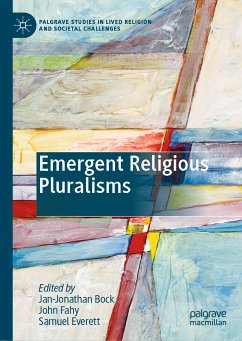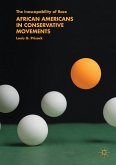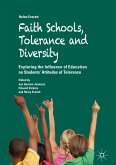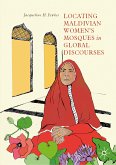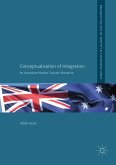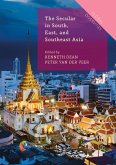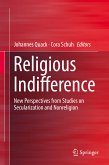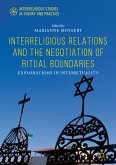Spanning theology, sociology, politics and anthropology, the chapters explore various approaches to coexistence, political visions of managing diversity and lived experiences of multireligiosity, in order to examine how modes of religious pluralism are being constructed and contested in different parts of the world. Contributing authors analyse challenges to religious pluralism, as well as innovative kinds of conviviality, that produce meaningful engagements with diversity and shared community life across different social, political and economic settings.
This book will be relevant to scholars of religion, community life, social change and politics, and will also be of interest to civil society organisations, NGOs, international agencies and local, regional and national policymakers.
Dieser Download kann aus rechtlichen Gründen nur mit Rechnungsadresse in A, B, BG, CY, CZ, D, DK, EW, E, FIN, F, GR, HR, H, IRL, I, LT, L, LR, M, NL, PL, P, R, S, SLO, SK ausgeliefert werden.

